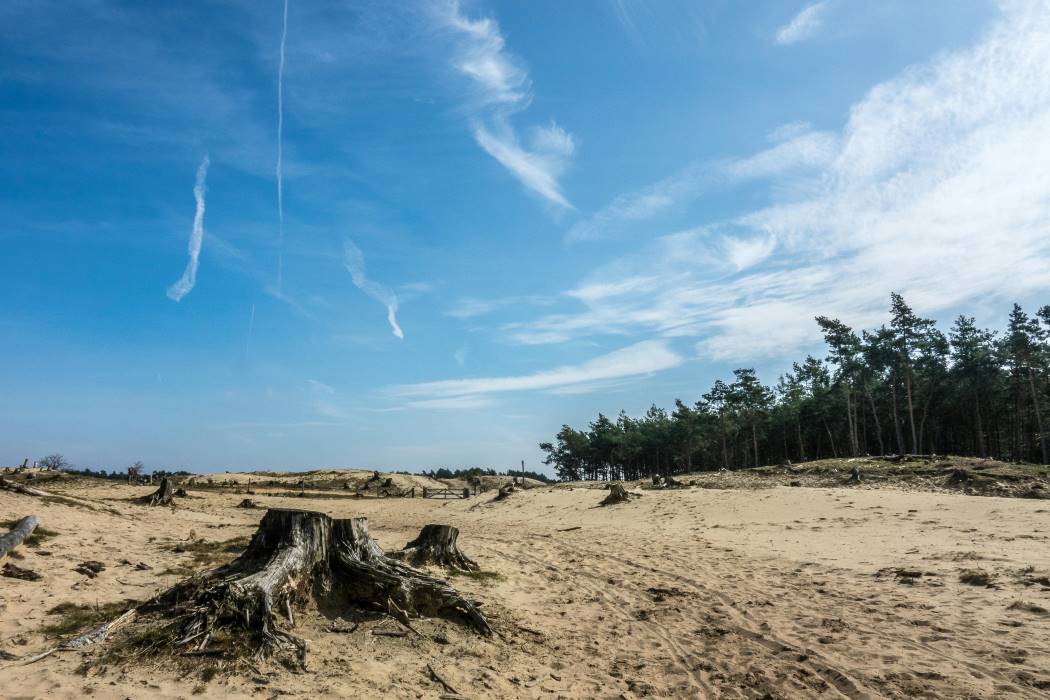A recent study published in Nature Communications highlights a previously underestimated consequence of large-scale deforestation: reduced cloud cover, which amplifies global warming.
Researchers from Leipzig University and Sun Yat-sen University in China have found that deforestation not only releases carbon dioxide but also diminishes low-level and tropical high-level clouds, significantly altering the climate’s radiative balance.
The study, led by Dr. Hao Luo from the Institute for Meteorology at Leipzig University, demonstrates that forests – due to their darker surfaces – absorb more sunlight, leading to a cooling effect. However, deforestation reduces cloud formation, which in turn nearly halves this cooling effect.
“Low-level clouds have a cooling effect on the climate because they reflect a lot of sunlight,” said Professor Johannes Quaas, co-author and a researcher at Leipzig University and the German Centre for Integrative Biodiversity Research.
The research is based on climate model simulations and reanalyses of deforestation scenarios. The results show that the decreased cloud cover is linked to changes in surface turbulent heat fluxes, which reduce moisture and uplift – key drivers of cloud formation. This effect partially offsets the cooling influence of increased surface albedo in deforested areas, where lighter surfaces reflect more sunlight. “The decreased cloud cover can be explained by alterations in surface turbulent heat flux, which diminishes uplift and moisture to varying extents,” says Professor Quaas.
While the biophysical effects of forests on the climate have been recognized, the impact of deforestation on clouds remains less understood. This research sheds new light on the interaction between land use changes and atmospheric processes.
The researchers emphasize the need for further investigation into how different meteorological processes in forested versus deforested areas impact clouds and radiative balance. They note that this aspect of climate science has not been fully explored. Ongoing studies are also looking into the role of forest biodiversity in cloud formation and its potential climate implications.
Journal Reference:
Luo, H., Quaas, J. & Han, Y. ‘Decreased cloud cover partially offsets the cooling effects of surface albedo change due to deforestation’, Nature Communications 15, 7345 (2024). DOI: 10.1038/s41467-024-51783-y
Article Source:
Press Release/Material by Leipzig University
Featured image credit: Mike van Schoonderwalt | Pexels




